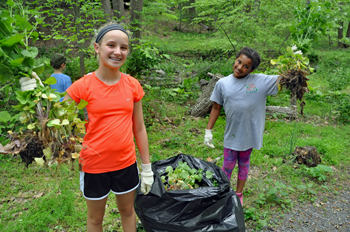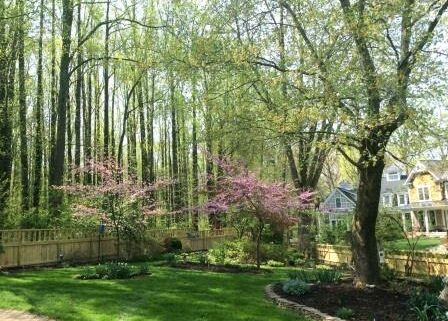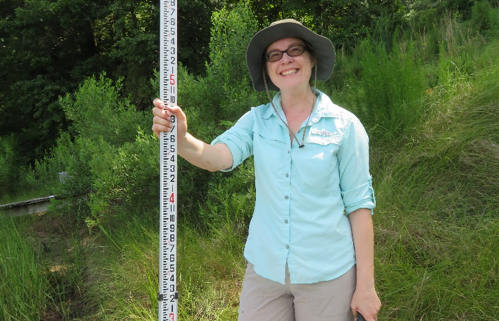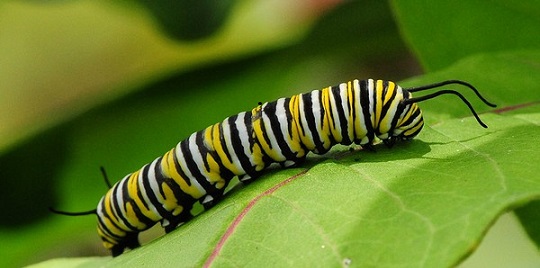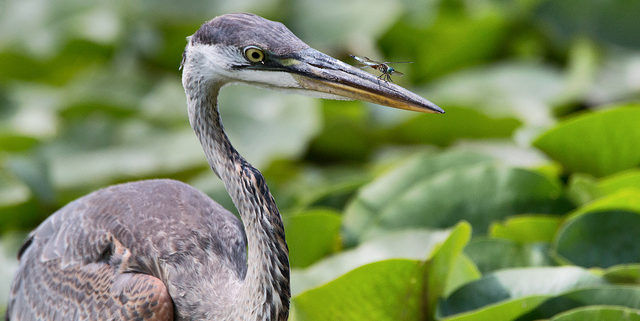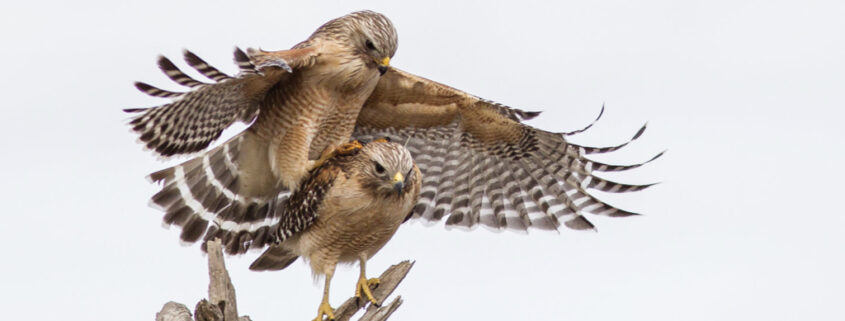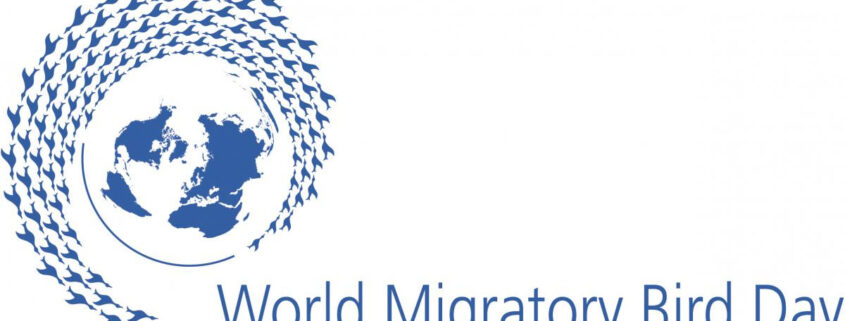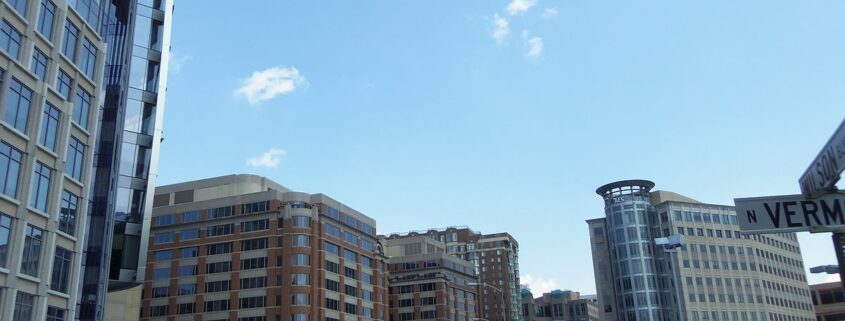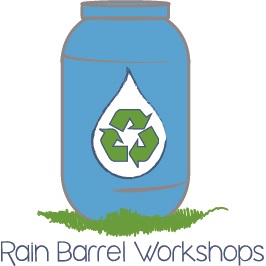How to start a school garden
Quander Road School, 6400 Quander Road, Alexandria, VA 22307
Tuesday, May 14, 2019
7:00 pm-8:30 pm
Are you thinking about starting a school garden? Would you like to tour a school grounds with a fenced vegetable garden, courtyard herb garden, pollinator gardens, and a native meadow?
Please come join the fun with other gardeners, teachers, and prospective gardeners as we learn practical tips and steps to start a school garden from Brooke-Marie LaPorta, the Garden Coordinator and Science Department Chair at Quander Road School. Other teachers and experienced gardeners will be available to answer your questions for the last half an hour of this event.


